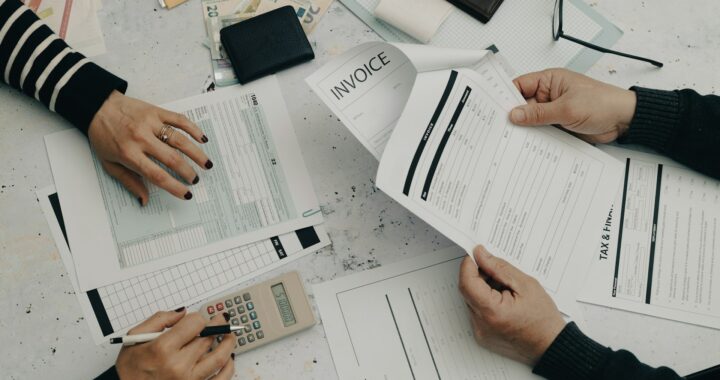
Are Debt Consolidation Loans Bad For Your Credit? Unpacking The Truth
Juggling multiple debts with varying interest rates and due dates can feel overwhelming. It’s no surprise then, that many people consider debt consolidation loans as a way to simplify their finances. However, a big question mark often hangs over this strategy: Are debt consolidation loans bad for your credit?
The truth is, it’s not a straightforward yes or no answer. Debt consolidation can impact your credit score in both positive and negative ways, depending on how you handle it. Let’s unpack the factors at play.
Understanding Debt Consolidation
Before exploring options or working with professionals from Rapid Loans and other companies, you should know about what debt consolidation entails.
It’s essentially taking out a single loan to pay off multiple debts. This loan ideally comes with a lower interest rate than your existing debts, allowing you to simplify your payments into one manageable chunk. Sounds good, right? Well, the answer, like most things in finance, is “it depends.”
The Short-Term Impact
When you apply for a loan, lenders perform a hard inquiry on your credit report to assess your creditworthiness. This inquiry leaves a temporary mark on your report, which can cause a small decrease in your score, usually a few points.
The impact is minor and typically disappears within a few months. However, multiple hard inquiries in a short period can have a bigger impact on your score. This is because lenders may view them as a sign that you’re applying for a lot of credit at once, which could be a sign of financial trouble. To minimize this effect, try to space out your loan applications by at least six months.
The Long-Term Impact
While there’s a short-term dip, debt consolidation services can actually improve your credit score in the long run in several ways. Here’s how:
Lower Credit Utilization Ratio
This ratio reflects the percentage of your available credit limit that you’re currently using. Maxing out credit cards hurts your score because it shows lenders you’re reliant on credit and close to maxing out your capacity.
Consolidation can help by lowering your credit utilization ratio. When you use the loan to pay off your existing debts, the balances on those accounts will go down. This reduces your total credit card debt and lowers your overall utilization ratio. Ideally, you should aim to keep your credit utilization ratio below 30%.
Improved Payment History
This is the single biggest factor affecting your credit score. With multiple debts to juggle, it’s easy to miss a payment here or there, which can significantly damage your score. Consolidation simplifies things by giving you just one monthly payment to track. This makes it easier to stay on top of your bills and avoid missed payments that can tank your credit score.
Debt Mix
A healthy credit mix shows lenders that you can responsibly manage different types of credit. It includes both installment loans (like a consolidation loan) and revolving credit (like credit cards).
Credit bureaus like to see a variety of credit accounts being handled responsibly. Consolidation helps diversify your credit mix by adding an installment loan to your credit report, which can be a positive factor for your score, especially if you’ve relied heavily on credit cards in the past.
By lowering your credit utilization ratio, improving your payment history, and diversifying your debt mix, debt consolidation can lead to a stronger credit score over time.
Making Debt Consolidation Work for You
So, are debt consolidation loans bad for your credit? Not necessarily. Here are some tips to maximize the benefits and minimize the risks:
Shop Around for the Best Rates
Don’t settle for the first offer you get. Comparison shop loan rates and terms from multiple lenders, including banks, credit unions, and online lenders. This can save you thousands of dollars over the life of the loan and ensure you’re getting the best possible deal to improve your chances of a successful debt payoff.
Create a Budget and Stick to It
Having a clear plan for managing your finances is crucial. List out your monthly income and expenses to see where your money is going. Allocate enough funds to cover your monthly loan payment, factor in any minimum payments for remaining credit cards you plan to keep open, and set realistic goals for additional debt reduction.
Set Up Automatic Payments
This will ensure you never miss a payment and keep your credit score on track. Schedule automatic payments to withdraw funds from your checking account on the due date. This will give you peace of mind, knowing your payment is always on time, and help you avoid any late fees that can damage your credit score.
By following these tips, you can make the most out of debt consolidation loans while safeguarding your credit score.
Conclusion
Debt consolidation loans can be a valuable tool for simplifying your finances and potentially improving your credit score. However, it’s important to use them strategically. By carefully evaluating interest rates, sticking to a budget, and making on-time payments, you can harness the power of debt consolidation to achieve your financial goals.



